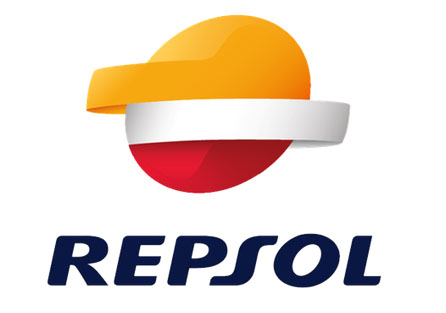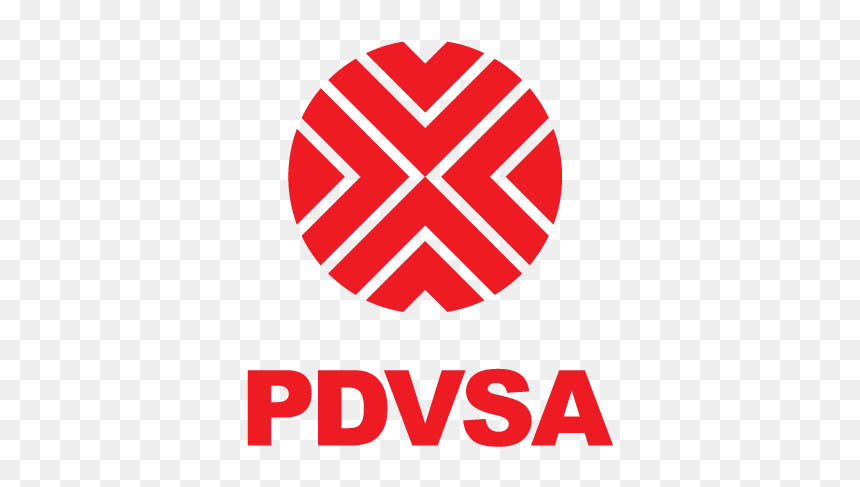 In what is being seen as a practical decision dictated by the country’s prevailing economic circumstances, Venezuela’s state-run oil company PDVSA has reportedly thumbed its nose at what appeared to have been an earlier United States-brokered deal under which the South American oil giant would have restarted so-called oil-for-loan arrangements with two European oil companies, Italy’s Eni Spa and Spain’s Repsol SA.
In what is being seen as a practical decision dictated by the country’s prevailing economic circumstances, Venezuela’s state-run oil company PDVSA has reportedly thumbed its nose at what appeared to have been an earlier United States-brokered deal under which the South American oil giant would have restarted so-called oil-for-loan arrangements with two European oil companies, Italy’s Eni Spa and Spain’s Repsol SA.
A report published by the Reuters news agency earlier this this week PDVSA “is no longer interested in the oil-for-loan agreements that the US State Department approved in May.” The Venezuelan oil company now reportedly favors an arrangement under which the two European companies provide Venezuela with gasoline in exchange for its oil which will support Caracas’ efforts to respond to transportation problems arising out of scarcity.
With the United States having effectively blocked European oil purchases from Venezuela it took the official imprimatur of Washington for a deal the would allow Spain and Italy to import Venezuelan crude. With Venezuela having seemingly initially agreed to the arrangement, the country’s change of mind would appear to be reflective of the practical circumstance of widespread gasoline scarcity which the Reuters repoer says “is crippling the country.”
According to the publication’s quoted PDVSA shipping schedule, neither Eni nor Repsol received a loading window for cargo destined for Europe in August.
European oil imports from Venezuela had been stopped at the behest of the US administration in 2020 as Washington sought to apply pressure for the removal of the country’s President, Nicholas Maduro.
Washington had reportedly given the ‘green light’ to the oil deal with Spain and Italy the proceeds from Venezuela’s oil ‘sales’ to the two European countries be set against debts owing to the two countries by the Venezuelan oil company arising out of pre-existing joint ventures with Eni and Repsol.
The Reuters report says that under the real some 3.6 million barrels of the South American nation’s diluted crude oil (DCO) have been shipped to Eni since June, according to PDVSA records and tanker tracking information. Eni sends crude oil for further processing to Repsol, which has a large refinery.
PDVSA, according to the Reuters report is also reportedly aiming to re-start its extra-heavy oil operations in the Orinoco belt. PDVSA utilizing critical diluents reportedly acquired from Iran to convert that crude into a grade suitable for export.
The fortunes of the Venezuelan oil industry and by extension the country’s economy have undergone a continual slide ever since Washington commenced applying political and economic pressure in Caracas after it had deemed the country’s 2018 presidential elections won by Maduro to have been fraudulent.
In summing up the economic impact of the US sanctions against Venezuela the Reuters said that Washington’s embargo had the effect of cutting “PDVSA’s access to specialized drilling equipment and foreign investment, as well as threaten secondary sanctions against businesses and nations doing business with the Latin American energy giant. As a result, PDVSA assets worth billions of dollars were confiscated abroad.”





